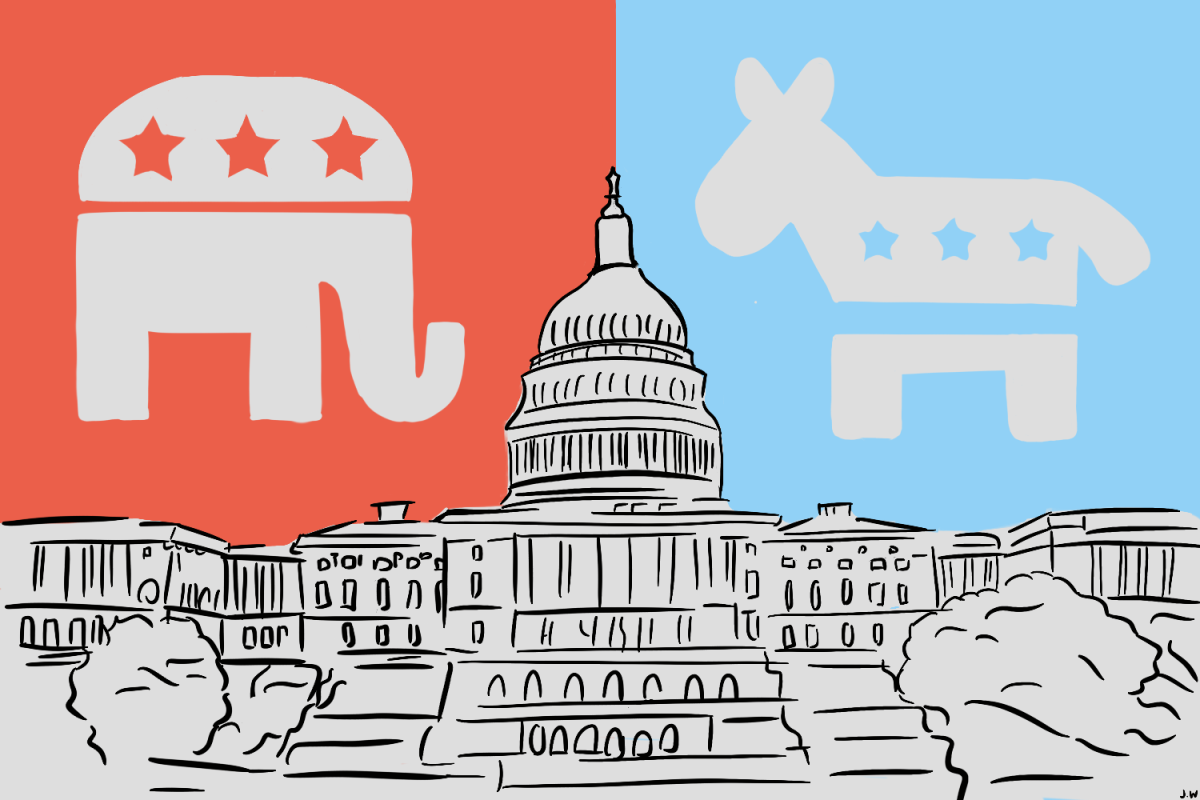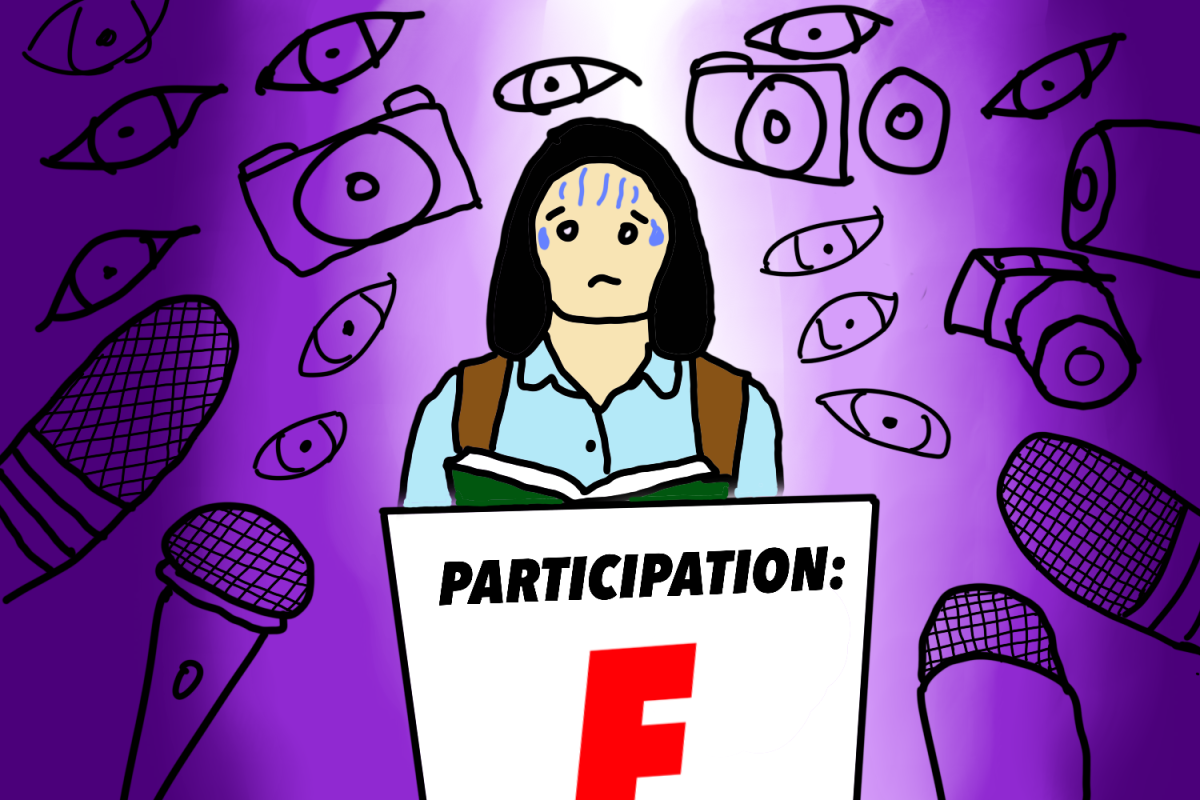The 2024 election is shaping up to be one of the most unprecedented in American history. For the first time in 56 years, a sitting president, incumbent Joe Biden has dropped out of the race, leaving Vice President Kamala Harris to step into the Democratic spotlight. On the Republican side, former President Donald Trump, still highly polarizing and controversial, is making his third, non-consecutive run for the nation’s highest office. With both candidates tied in recent polls according to Pew Research Center, the nation seems split down the middle and the stakes are higher than ever. For California, the online and mail-in registration deadline is Oct. 21, while in-person registration extends until Election Day on Nov. 5. Register to vote at vote.gov
Beyond the candidates, global conflicts are also shaping the election. Ongoing foreign wars continue to demand America’s attention, swaying voters’ perception of current U.S. leadership. The Russian war in Ukraine has strained the U.S. defense budget and is a point of contention, as both Trump and Harris hold opposing views on continued military and financial support for the country while it struggles to defend its territories. Meanwhile, the war in Gaza has ignited debates about the U.S.’s role in the Middle East, with human rights violations by both Israel and Hamas fueling further divide. Still, domestic concerns weigh most heavily on voters’ minds.
Economy: Rising inflation has hurt Americans nationwide. Prices on essentials like groceries and housing have soared, leaving families struggling to make ends meet. In Arcadia, home prices are up 9.9% and 6.2% in California compared to 2023. While food prices have come down significantly since their peak, they are still increasing minimally every year, worrying consumers. Both candidates offer dramatically different approaches to fixing the issues. Trump advocates for tax cuts and deregulation, while Harris promises to strengthen labor protections, expand unions and invest in infrastructure projects.
Immigration: With millions of undocumented migrants utilizing resources and social services, immigration remains one of the nation’s most hotly debated issues. There are two sharply different approaches to addressing the problem. Trump has called for stricter border enforcement, the completion of his border wall, and the “largest mass deportation operation in American history,” while Harris seeks immigration reform that would grant asylum seekers and migrants a path to citizenship.
Abortion: The Supreme Court’s 2022 decision to overturn Roe v. Wade led to abortion access becoming a state-by-state issue, leaving millions of women in states with strict abortion laws without options. Democrats have made restoring federal protections for abortion a cornerstone of their campaign, while Trump and his allies have kept their “pro-life” stance aiming to uphold the ruling.
Project 2025: But beyond these immediate issues, a far-reaching plan called Project 2025 can redefine America’s future and it’s something that directly impacts students like us. Project 2025, a conservative playbook created by the Heritage Foundation and endorsed by Trump’s allies, proposes massive reforms to federal agencies and government operations, aiming to benefit the far-right by consolidating presidential power if another Republican returns to the White House, presumably by 2025. Among its most controversial elements are their plans to cut Medicare and Medicaid, abolish the Department of Education, prevent access to abortion nationwide, and use the Federal Bureau of Investigation (FBI) and Department of Justice (DOJ) to prosecute political opponents.
For students, the plan’s overhaul would impact everything from student loans to environmental protections and even how historical and social issues are taught in schools. It proposes significant changes in access to financial aid, making college less affordable for many, especially for those who come from low and middle-income families that rely on grants, loans, and scholarships. In addition, public school curriculums would be revised to focus on what the project calls “patriotic education,” removing classroom discussions on racism, gender, and climate change. This approach to education would leave students with a limited understanding of these issues and their importance. Some Republicans have openly acknowledged that these changes are intended to shape how young people develop their political views to benefit their own agenda.
We’re at a crossroads. As election day approaches, it’s clear that the outcome will shape the direction our country is headed no matter which candidate comes out victorious. The decisions made this November will affect us all and the only choice we have is to make our voices heard. Go vote!
GRAPHIC COURTESY OF JEWEL WANG













